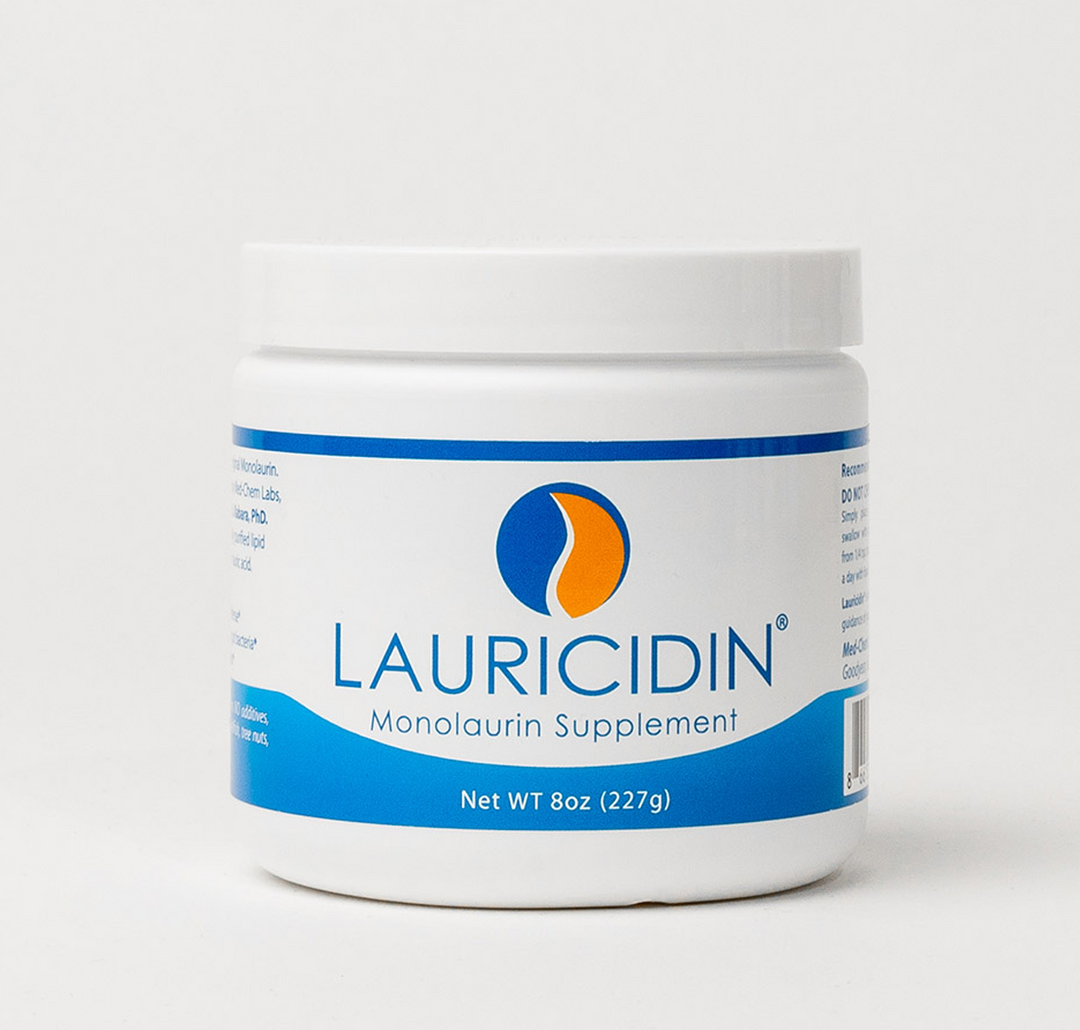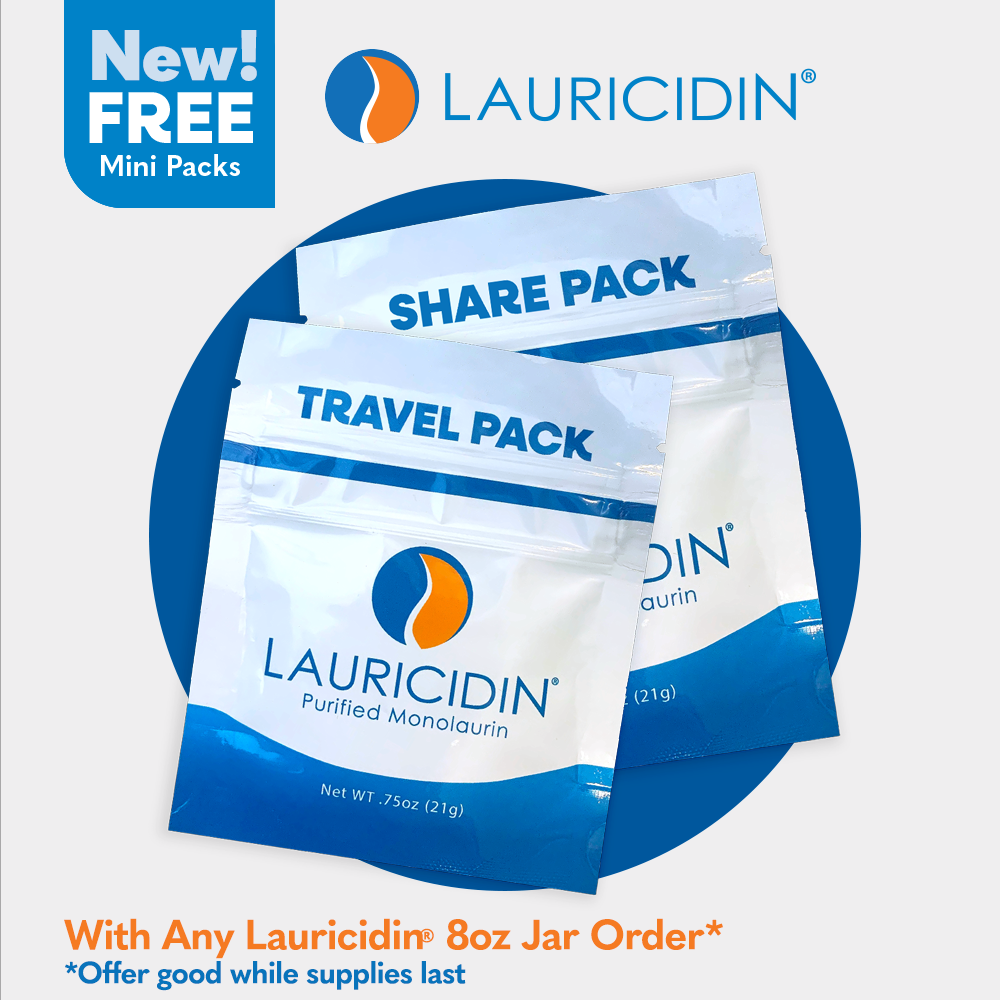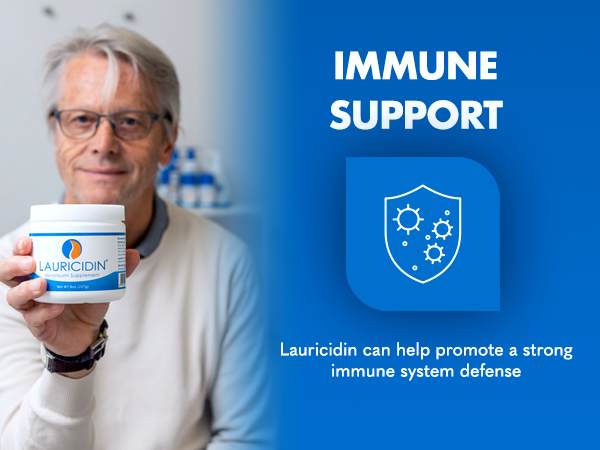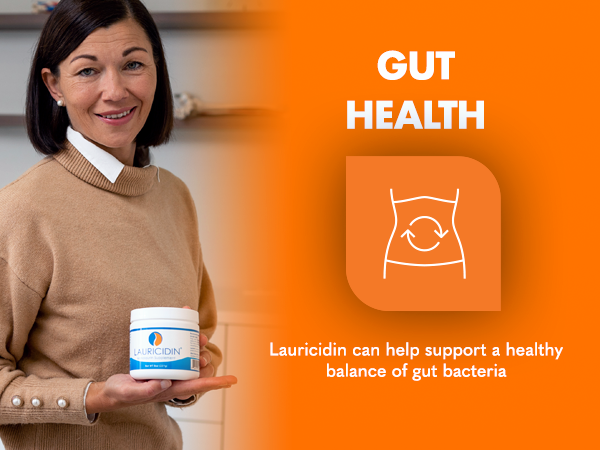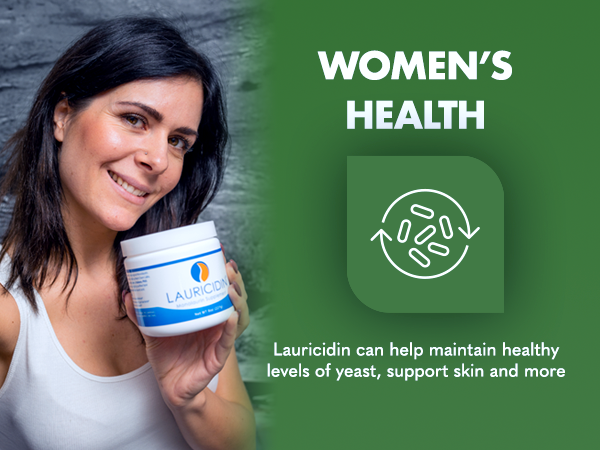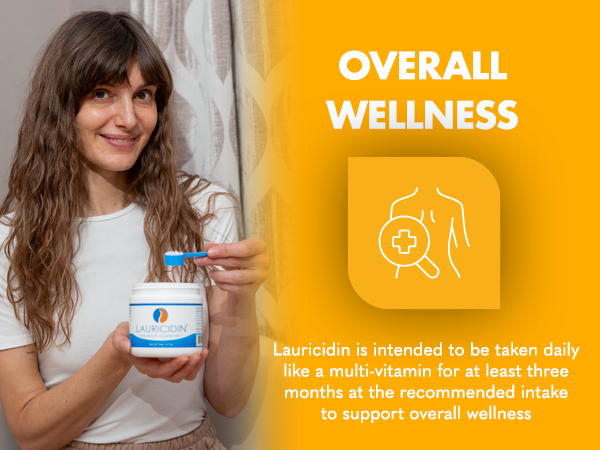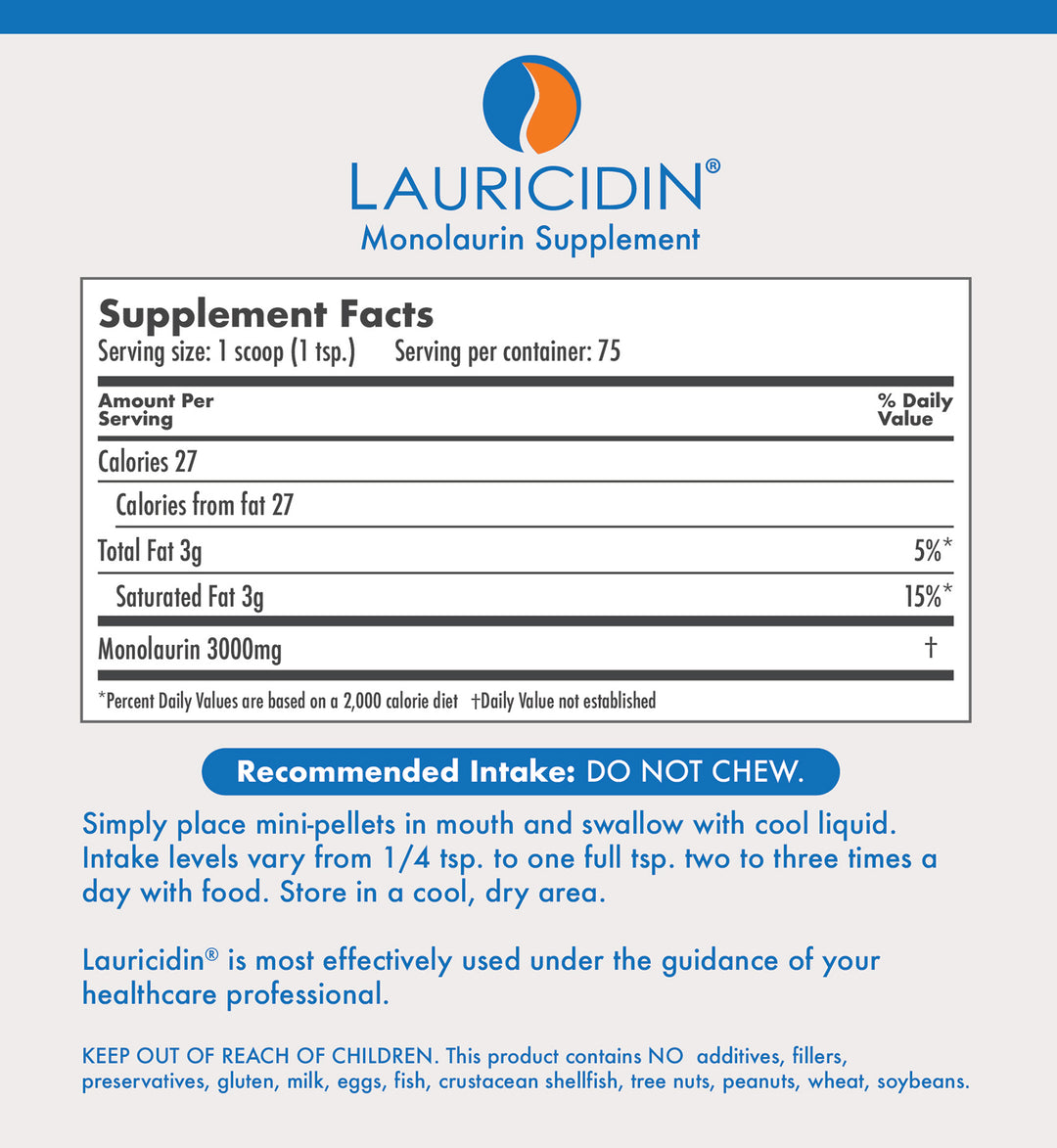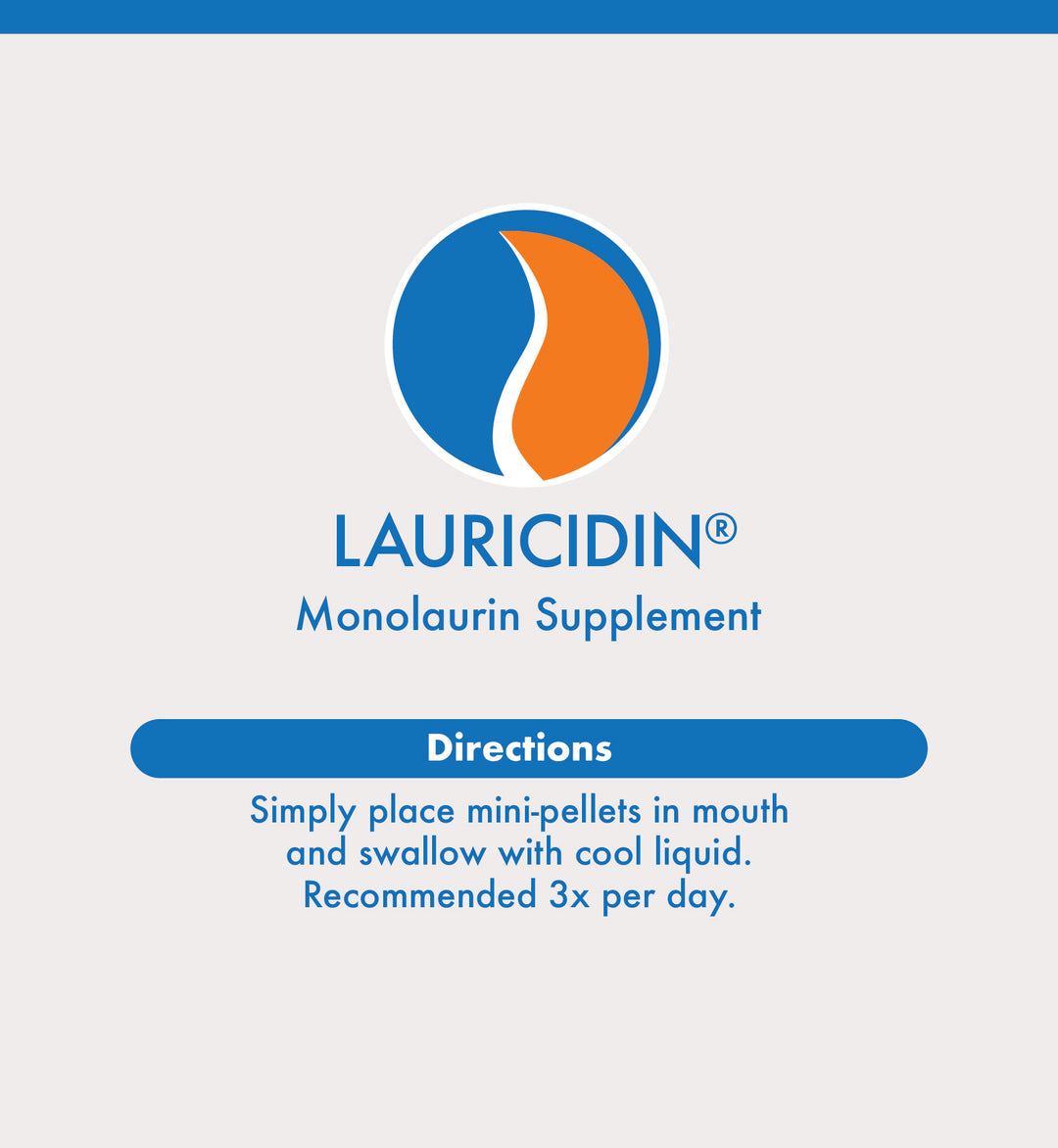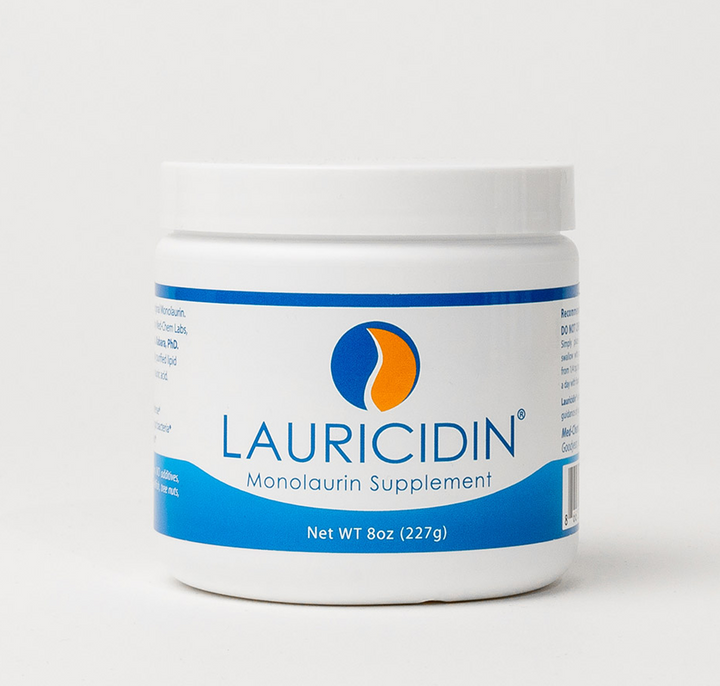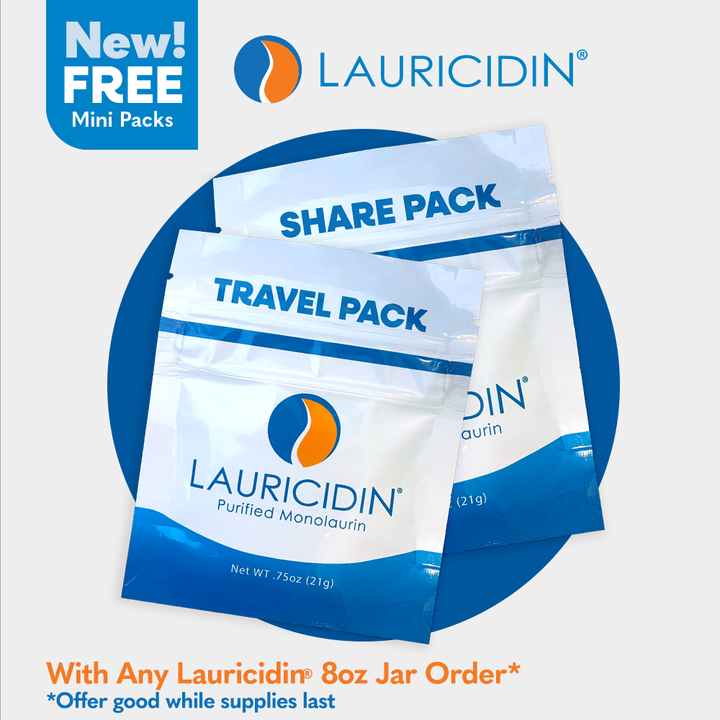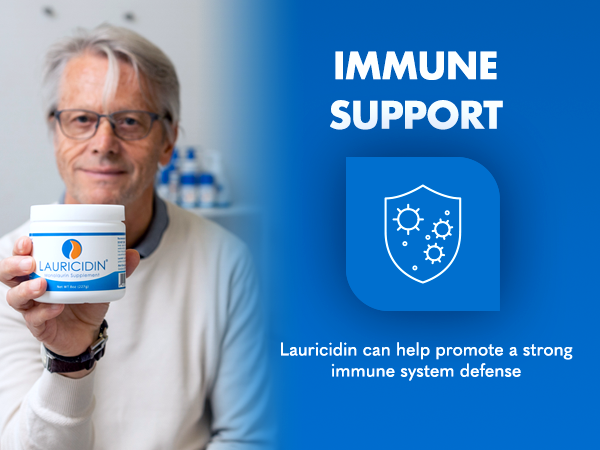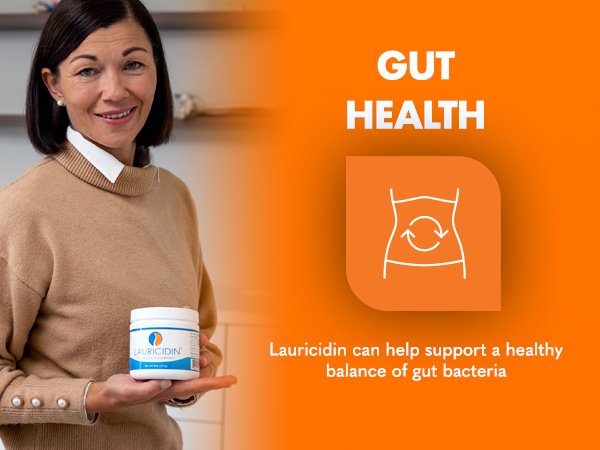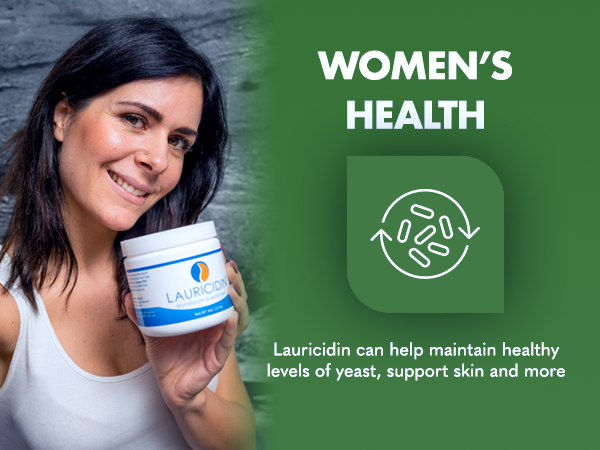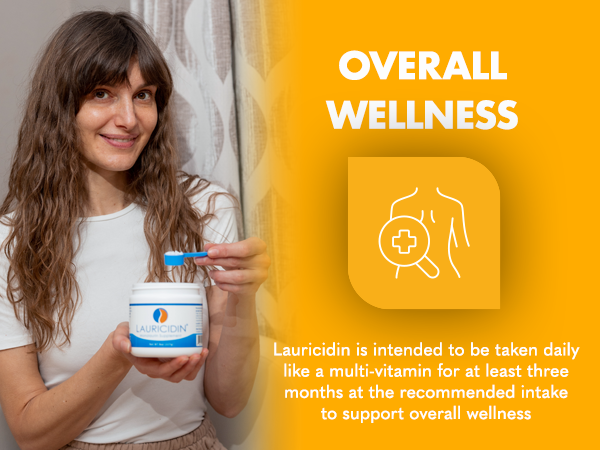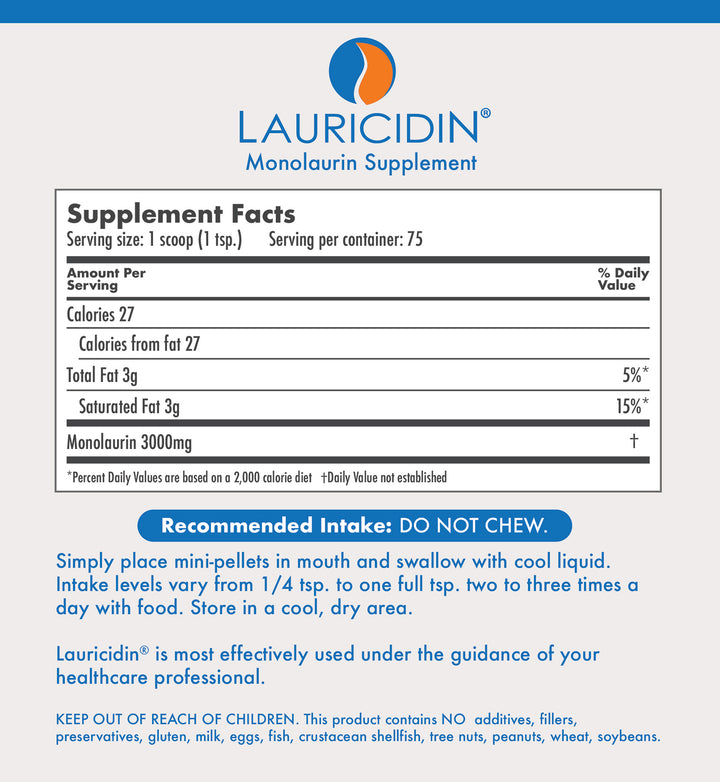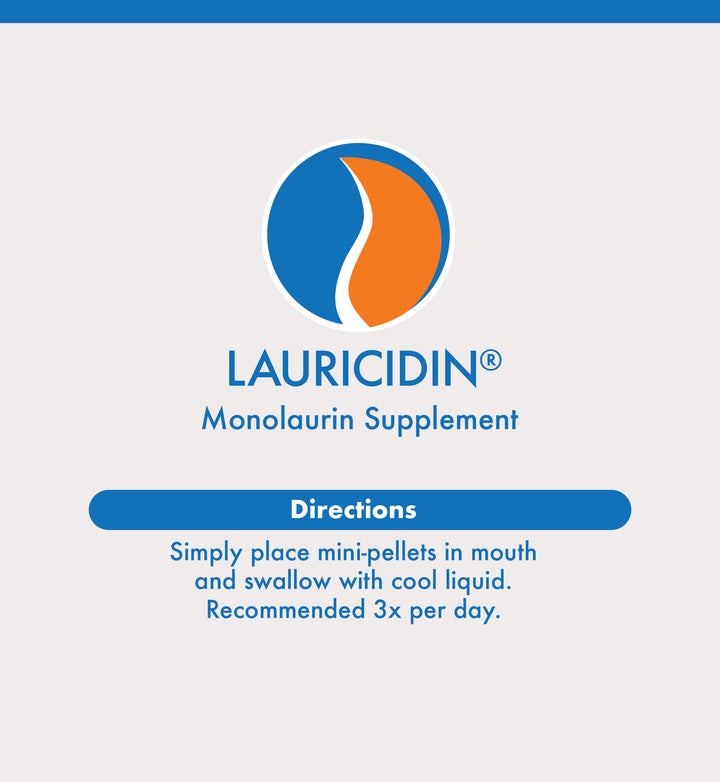Coconut Oil: A Rich Source of Lauric Acid
Greetings, health enthusiasts! Dr. Ryan Jones here, and today, I'm excited to delve into the topic of coconut oil – a beloved staple in many households and a powerful source of lauric acid. While coconut oil has gained popularity for its numerous health benefits, it's important to understand its role in monolaurin production and how it differs from the active form of monolaurin.
Coconut oil is renowned for its high content of lauric acid, a medium-chain fatty acid with potent antimicrobial properties. When consumed, the body can metabolize a small portion of the lauric acid found in coconut oil into monolaurin, an active monoglyceride known for its immune-supporting and antimicrobial properties. However, it's crucial to note that the body's ability to convert lauric acid into monolaurin is limited, with only approximately 3-5% of the lauric acid being converted into the active form.
While coconut oil offers a myriad of health benefits, including supporting heart health, promoting weight loss, and improving skin and hair health, it's essential to recognize its limitations in terms of monolaurin production. Consuming large amounts of coconut oil in an attempt to boost monolaurin levels may not be effective and can even be irritating to the gut due to its high fat content.
To truly harness the benefits of monolaurin, I recommend incorporating other sources of this powerful compound into your regimen. This includes supplements like Lauricidin Mini Pellets, which provide a concentrated and bioavailable form of monolaurin without the need for conversion in the body. With Lauricidin, you can enjoy the immune-boosting benefits of monolaurin without the potential drawbacks associated with consuming excessive amounts of coconut oil.
In conclusion, while coconut oil is indeed a valuable source of lauric acid and offers a range of health benefits, it's important to understand its limitations in terms of monolaurin production. By incorporating targeted supplements like Lauricidin into your routine, you can support your immune system and overall health more effectively. Here's to informed choices and vibrant well-being!
Warm regards, Dr. Ryan Jones



